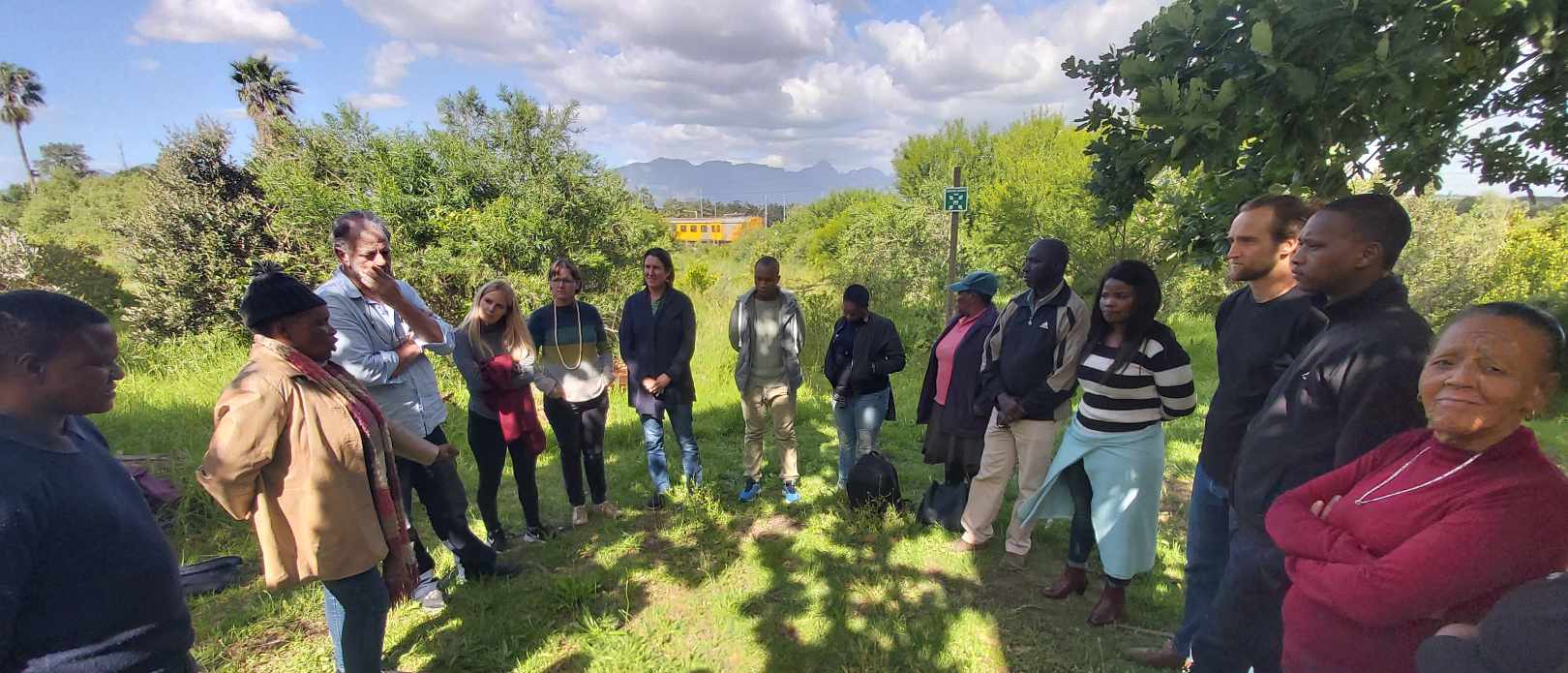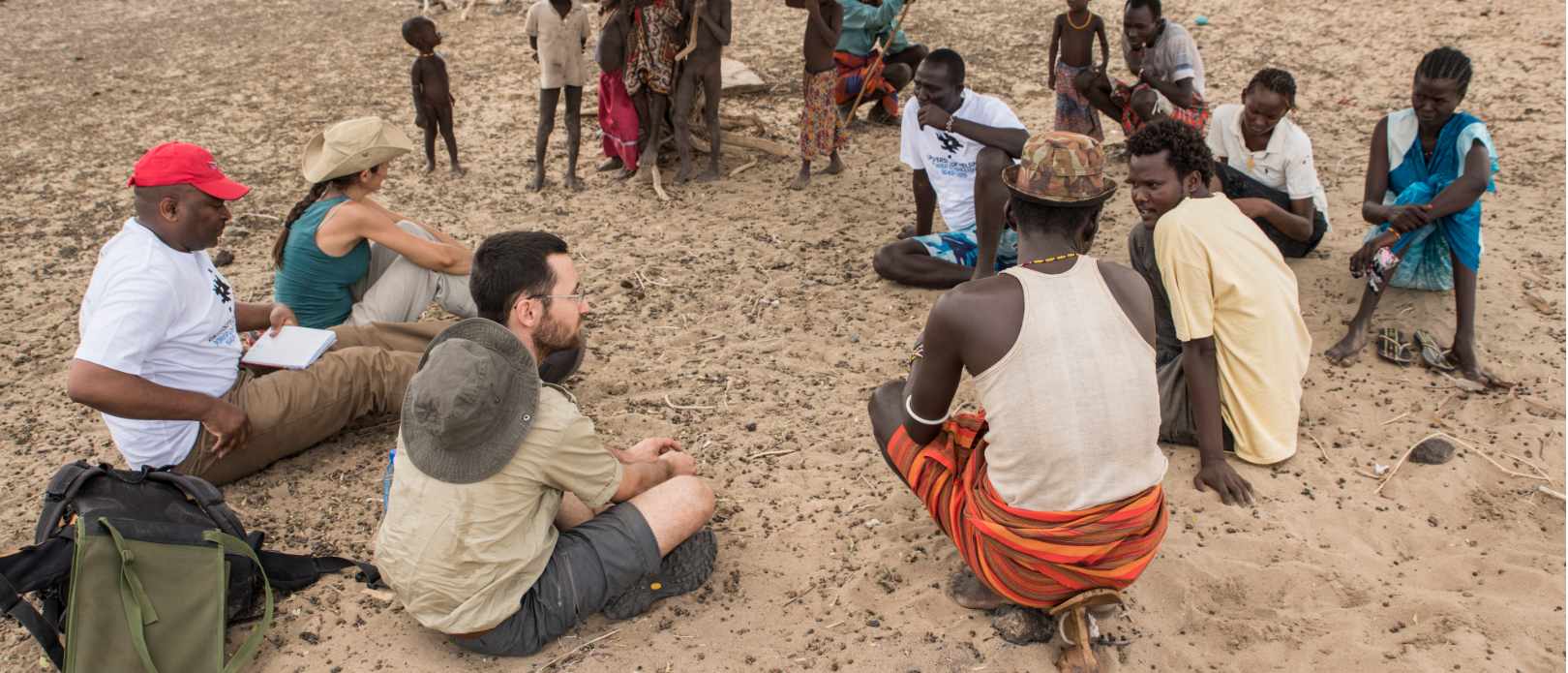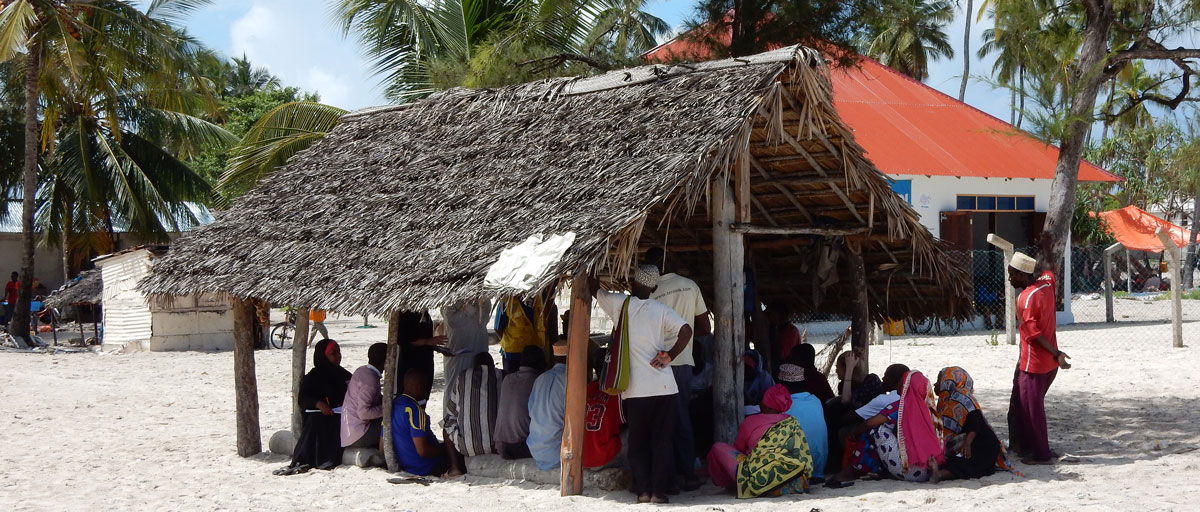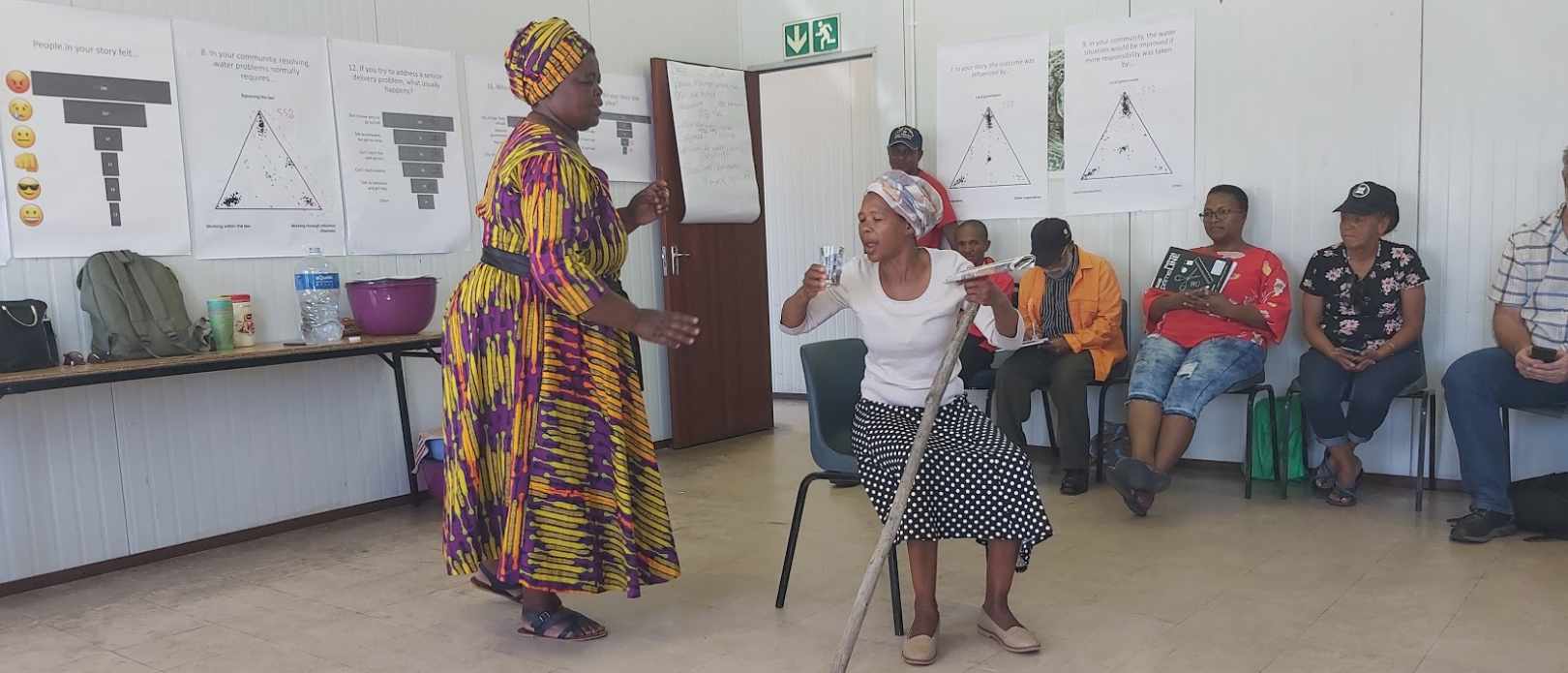SCIENCE METHODS
How can intersectionality contribute to social-ecological systems research?

Researchers find intersectionality useful when reflecting on their own role and how they interact with different stakeholders. Pictured, researchers and community activists jointly planning a research study to give marginalised communities in Cape Town a voice in discussions about water scarcity. Photo: J. Enqvist
Intersectionality is firmly making its way into research thinking. What does it offer sustainability scientists?
- Researchers find intersectionality useful when reflecting on their own role and how they interact with different stakeholders
- Interviewees and focus groups participants might have very different experiences of the same context
- Researchers are embedded in this world, not outside of it
This article is based on a blog post by centre master’s student Anna Garré who as part of her studies interviewed several researchers and organised a workshop to understand the contribution of intersectionality to SES research. You can find a summary of the workshop here.
ALL THINGS CONSIDERED: Start with the basic question: what is “intersectionality”? Broadly speaking, it is about identifying processes of structural power and inequity that are continuously maintained and reinforced.
More specifically, Kathy Davis defines intersectionality as ‘the interaction between gender, race and other categories of difference in individual lives, social practices, institutional arrangements, and cultural ideologies and the outcomes of these interactions in terms of power’.
If you search for “intersectionality” on the SRC website, you will find only four results. But things are changing. Largely thanks to increased focus on gender, power processes and inequity, the concept is firmly making its way to the centre - both in research practice and in how researchers position themselves in their own work.
Same context, different experiences
Projects like SEQUAL and OctoPINTS are explicitly bringing in intersectional and feminist lenses to their work. For PhD student Patricia Villarrubia-Gómez, applying intersectionality thinking has been fundamental in order to better understand different contexts and good practices in her work on plastic pollution. She found the book Americanah by Chimamanda Ngozi Adichie to be a tipping point in her understanding of intersectionality.
Researchers also find intersectionality useful when reflecting on their own role as researchers, and how they interact with different stakeholders.
Interviewees and focus groups participants might have very different experiences of the same context and that this is a key point to take into account when running a workshop.
Amanda Jiménez Aceituno, a centre researcher who looks at what are the most important features of successful sustainability initiatives.
Drawing inspiration from others
Johan Enqvist, whose research focuses on understanding how urban water scarcity affects people in South Africa, tries to remain conscious of the opportunities that have enabled him as a researcher. He wants to give others similar opportunities, and has taken extra steps to supervise local students and involve local partners in his research.
Simon West, a postdoctoral researcher exploring knowledge-making in relation to indigenous land and sea management in Northern Australia, points out the risk of using jargon that does make sense to others. “Social-ecological” is not relevant for research participants who do not mark a difference between nature and culture, for instance.
We can be more open to how we define things and draw inspiration from and use concepts from other knowledge, traditions and cultures.
Simon West
Science and humbleness
So how can intersectionality be further developed in SRC’s research and beyond?
According to Sarah Cornell, who coordinates SRC’s research and international collaborations on Earth resilience, there are three ways:
- Include aspects of how you will deal with intersectionality in research proposals and continuously reflect on personal bias and assumptions
- Engage in reading groups or other similar platforms for discussion. They are a potent space to expose each other’s biases and prejudices - an uncomfortable but enriching space
- Take into account that the knowledge we communicate will be interpreted
“We cannot control the interpretation, but we can control the message, and that message can be of humbleness, as researchers embedded in this world,” Cornell says.
Read Anna Garré’s blog post here to gain perspectives from even more researchers and PhD students









